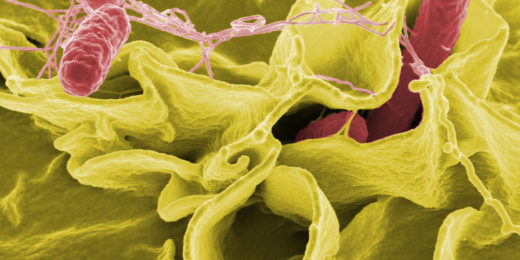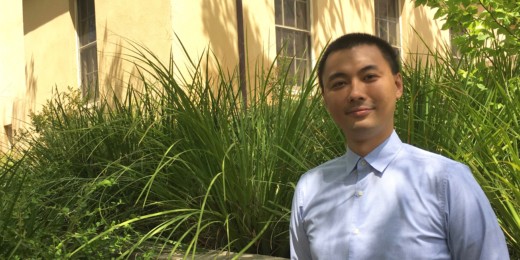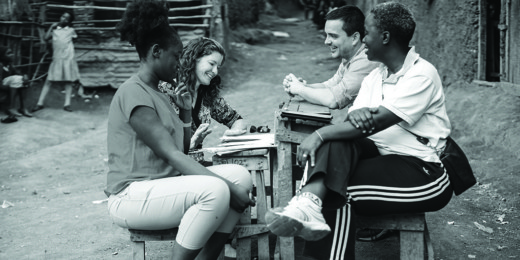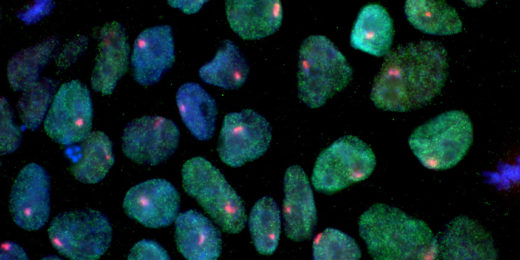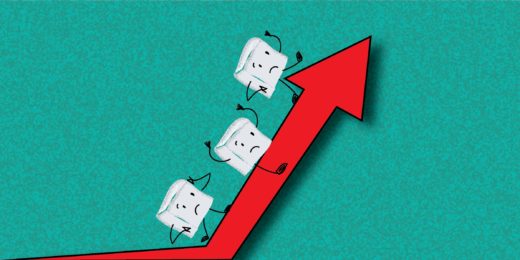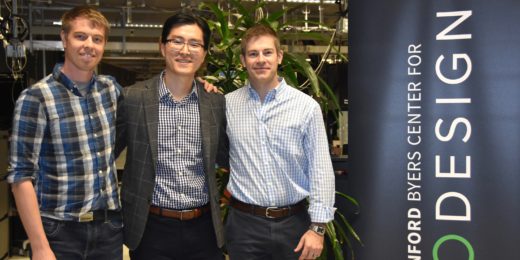Phobias are a form of anxiety disorder, but can be alleviated by therapy, Stanford's Carolyn Rodriguez and other experts say in this article.
Month: July 2018
Using 3D printing to design personalized cardiac devices
A second-year medical student is part of a team designing personalized cardiac catheters.
A look at how California lowered maternal mortality rates
A new NPR story explains how California experts have been examining the causes of maternal mortality and successfully figuring out how to counteract them.
Editorial shows importance of looking beyond medications to treat pain
Brain regions not directly involved in the receipt of pain signals play a key role in the perception of pain, and show the importance of non-drug therapies.
“Mood mirror” in blood: Might its absence bring on the blues?
Low levels of a substance, acetyl-L-carnitine, in the blood are associated with depression. Could this "mood mirror" be a cure for the blues?
Some gut bacteria protect against Salmonella, new research suggests
Propionate molecules made by intestinal bacteria inhibits growth of Salmonella and may be a promising new treatment for gut infections.
Eavesdropping on elephants in the name of research
Adjunct Professor Caitlin O’Connell-Rodwell studies elephant vocalizations and vibrations to inform research on hearing, hearing loss and deafness.
Osteoporosis risk predicted with genetic test
A genetic test may predict at an early age those likely to develop osteoporosis. Knowing your risk may allow easy interventions to prevent future fractures.
Discussing care goals with a nonclinical worker brings higher patient satisfaction, lower costs, study finds
Stanford's Manali Patel found higher satisfaction and lower costs for advanced cancer patients who spoke with a nonclinical worker about care preferences.
Stars of Stanford Medicine: Improving health care in Japan
This Stars of Stanford Medicine Q&A features Satoshi Maruyama, a Japanese official in the health ministry who is earning a graduate degree at Stanford.
Affordable projects tackle real-world problems in developing countries
In a popular course, Stanford students are using every day materials to create affordable projects to solve health related problems in the developing world.
How you get around depends on how fast you’re moving
How our brains blend cues from multiple senses to estimate our speed and position in space depends on where we are and how fast we seem to be moving.
Stopping sexual assaults depends, in part, on statisticians
Stanford statisticians are developing new techniques for understanding how and why sexual assault prevention programs work.
Peering into reprogramming’s black box, Stanford researchers ID critical stem cell creation protein
Stanford researchers identify a new protein that can fully substitute for one of the key "Yamanaka factors" to reprogram adult stem cells.
Continuous blood sugar monitoring suggests even “healthy” people need to mind their carbs
Continuously monitoring blood sugar levels turns up new evidence to suggest that more people have sharp increases in their blood sugar than expected.
Biodesign fellows address surgical site infections
Researchers worked to solve the problem of surgical site infections, which can lead to longer hospital stays, additional surgeries, and higher mortality.







